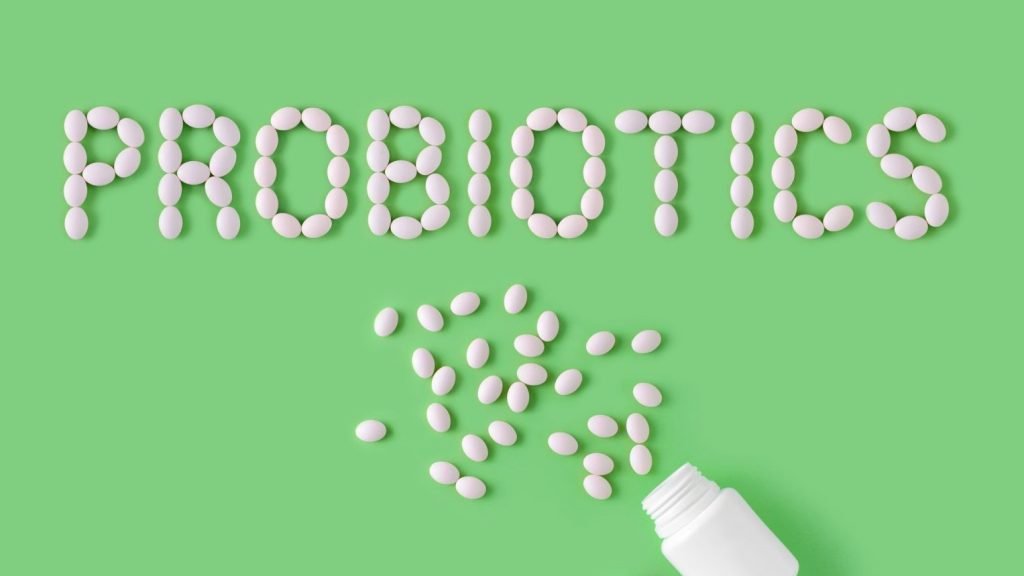Our bodies are filled with lots of good and bad bacteria. Probiotics are live bacteria that line our digestive track, and are said to be good bacteria as they help to keep our gut nice and healthy by assisting our body to properly absorb nutrients and also boost our immune system to help fight infection. 70 – 80% of our immune system lives within our digestive tract, which highlights the importance of having good bacteria in our system to keep us healthy.

Sometimes the balance of good and bad bacteria is altered. There are a number of reasons our good bacteria may diminish including use of some medications like antibiotics, smoking, alcohol, fatty foods, emotional stress and poor sleeping habits, poor diet and lack of exercise.
Low levels of the good bacteria is becoming a greater issue now than in the past, as our food is becoming more treated and processed and we don’t tend to ferment goods, which happened in the old days as a way to preserve food, and fermented goods have naturally occurring probiotics.
So how can you tell if you need a probiotic? The most common signs include gastrointestinal issues such as bloating, gas, diarrhea, constipation, leaky gut, Irritable Bowel Syndrome (IBS) and inflammatory bowel disease. Other less well-known signs include high cholesterol and a fatty liver, depression or anxiety, migraines, recurring yeast infections, food allergies and intolerance, skin issues such as eczema, autoimmune disease, autism or recent courses of antibiotics.
It may be possible to keep your gut flora healthy with a diet inclusive of naturally occurring probiotic foods including yogurt, kefir, sauerkraut, kimchi, miso, kombucha, pickles, traditional buttermilk and some cheeses like cottage, mozzarella and cheddar.
If your diet does not include many of these foods though, then it might be necessary to replenish your probiotic stores with a supplement. Which supplement should you take? Well that really is a question for your health professional, as it will depend on what you are treating with the probiotic.
When you do get to the chemist you will find probiotics come in many forms – tablets, liquids, some at room temperature, some requiring refrigeration. It will be important to take a look at the Colony Forming Units (CFU’s) on your probiotic, which essentially tells you how much bacteria you will be getting in each dose of the supplement. Make sure the CFU lines up with what your doctor has recommended to get results.
If you feel like you diet is letting you down a little, it may be time to speak with a nutritionist about how you can combine a better diet with exercise for the best possible results. Schedule a session below..
integral-wellness.ca/fitness/wellness-assessment/




